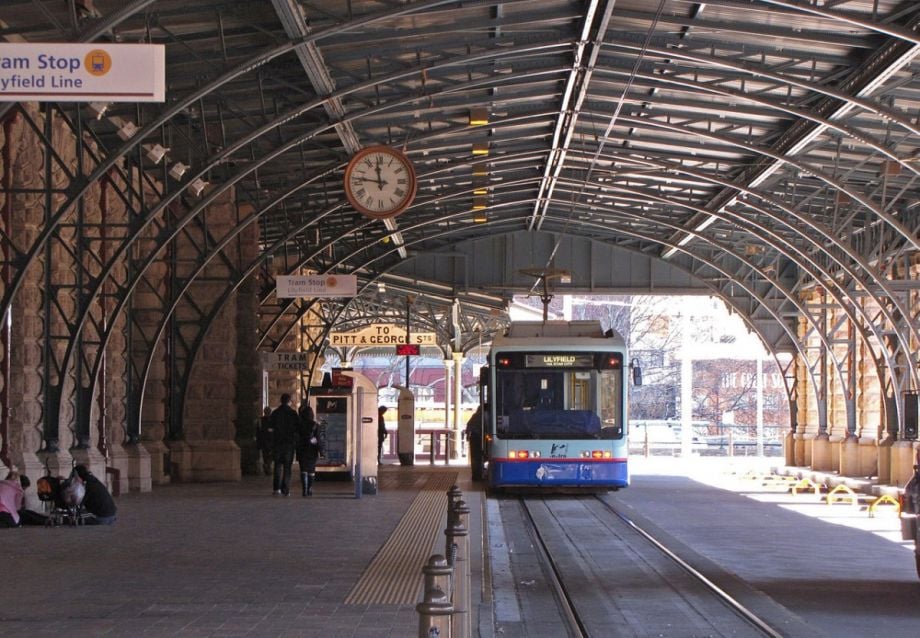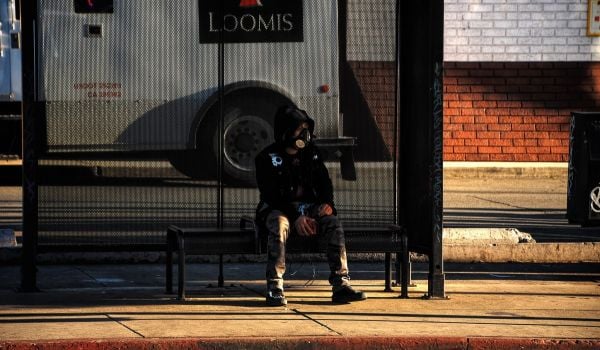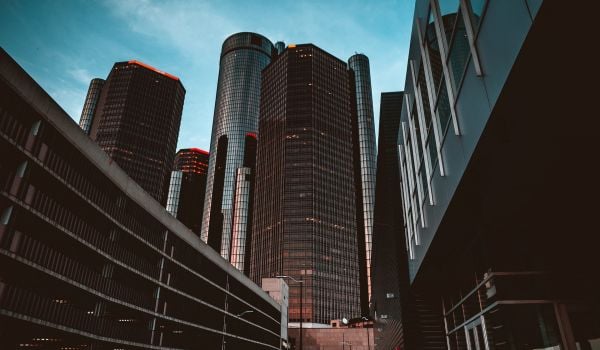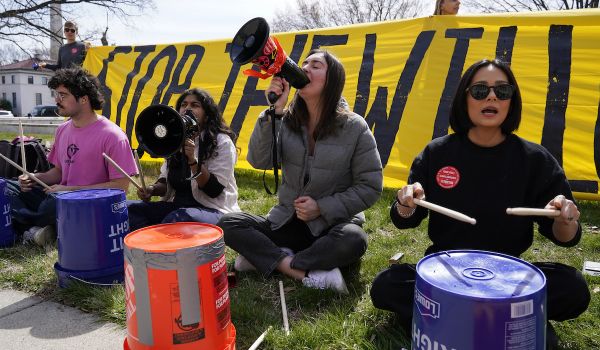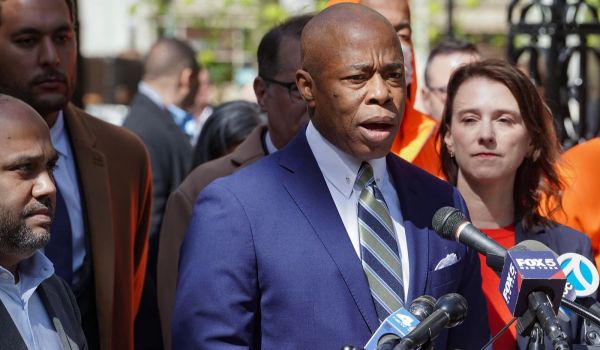Our weekly roundup of new and newsworthy transportation projects worldwide.
First Metro in Sub-Saharan Africa Nears Completion
The new year should bring with it the opening of the first rapid-transit system in sub-Saharan Africa, in the Ethiopian capital of Addis Ababa.
A Reuters news story notes that work on the $475 million Addis Ababa metro should be finished in January 2015.
The 32-km system is part of an ambitious program of transportation infrastructure investment the government of Ethiopia is undertaking with financial backing from the Chinese government.
China’s Exim Bank loaned Ethiopia the bulk of the money being spent to build the metro, and the China Railway Engineering Corporation (CREC) is building the system. Work on the metro began in January 2012.
Local officials tout the system as a major improvement in the quality of life for Addis Ababa’s five million residents, who currently rely on overcrowded and slow buses and vans to get around the city. “We believe that it will have a great impact in alleviating the problem of transportation in the city,” project manager Behailu Sintayehu told Reuters.
The metro will have two lines, one running north-south and the other east-west, meeting in the heart of the city. There will be 39 stations in all.
The Ethiopian Railways Corporation this month signed an agreement that will have CREC and Shenzhen Metro jointly operate the system. CREC will run trains for a three-month testing period before deciding when to begin revenue service.
Ethiopia is one of Africa’s fastest-growing economies, and the government has embarked on a crash program of transportation projects that will also add 5,000 km of new intercity rail lines by 2020 and triple the size of the national highway network by next year to accelerate that growth.
Currently, the only rapid-transit systems on the African continent are in Algiers, Cairo and Tunis. Johannesburg and Pretoria have suburban rail networks.
Sydney Signs Contract for Second LRT Line
Australia’s largest city, Sydney, is about to embark on a major addition to its light-rail system, which currently consists of a single line.
The International Railway Journal reports that the New South Wales state government has awarded a contract to a consortium of four companies that will design, build, operate and maintain the Sydney CBD and South East Light Rail line.
The Altrac Light Rail consortium, which had previously been called Connecting Sydney, will also be responsible for financing the AU$2.1 billion ($1.72 billion U.S.) project. The consortium is comprised of Transdev Sydney, Alstom Transport Australia, Acciona Infrastructure Australia and Capella Capital.
The 12-km line will run from Circular Quay on Sydney Harbour through the Sydney central business district via George Street to Central Station, where it will connect with the existing Inner West Light Rail line. From Central, the new line will run south and east through Surry Hills, Moore Park, Kensington and Kingsford to a terminus in Randwick. Major facilities along the line include Sydney Cricket Ground, Sydney Football Stadium, Randwick Race Course, the University of New South Wales and Prince of Wales Hospital.
The project’s cost is AU$500 million higher than originally budgeted because of capacity improvements made since the line was originally proposed in mid-2014.
Construction is slated to begin soon after Anzac Day 2015 (April 25th), with opening set for 2019, a year earlier than originally planned. The contract also calls for Altrac to assume operation of the Inner West Light Rail line in mid-2015.
Spokane Puts Transit Sales Tax Hike Before Voters
A divided Spokane Transit Authority board voted 6-3 this week to put a sales tax increase to fund a series of improvements for the city’s transit system, including a new east-west trolleybus route through the city center, on the April 2015 election ballot, the Spokesman-Review reports.
The three members who voted against having the voters decide argued that the 10-year, $300 million package that would also extend the STA’s hours of operation and add service to new areas was too costly and based on flawed financial projections.
Proceeds of $12 million would go toward construction of the Central City Line, a new electric trolleybus line that would connect Browne’s Addition, a historic neighborhood west of downtown Spokane, with Gonzaga University via the Spokane CBD and the University District. A possible extension would take the line farther east to Spokane Community College. The STA proposes to operate the line with trolleybuses that could operate on battery power for part of the route.
About half the proceeds, $146 million, would go toward maintaining current services and replacing aging vehicles, and the remainder would add two new commuter bus lines, new transit centers and two “high-performance” bus routes as well as increase frequency of service and hours of operation on several existing routes.
The STA projects that the improvements would cause ridership to rise by 3.4 million trips above its current 11-million-trip level. Most of the members of the public who spoke before the board supported the transit plan, as did one of the board’s fiscal conservatives. That member, Spokane County Commissioner Al French, tried to persuade the three opponents to go along with the plan, saying, “I would rather try and build a community based on an aspirational perspective than the doom and gloom. Change happens. What we do as elected officials is adjust to change.” Ultimately, two of the three voted to support the expansion plan but still opposed the tax hike on the grounds that it largely benefited the city of Spokane, which they said should pick up the tab for the improvements.
STA’s current operations are funded by a 0.6 percent sales tax. The ballot measure would add 0.3 percent to that figure. To get the board’s approval, board member Mike Allen, a Spokane city councilman, added a provision that would sunset the tax after 10 years.
Know of a project that should be featured in this column? Tweet @MarketStEl using #newstarts.
The Works is made possible with the support of the Surdna Foundation.

Next City contributor Sandy Smith is the home and real estate editor at Philadelphia magazine. Over the years, his work has appeared in Hidden City Philadelphia, the Philadelphia Inquirer and other local and regional publications. His interest in cities stretches back to his youth in Kansas City, and his career in journalism and media relations extends back that far as well.
Follow Sandy .(JavaScript must be enabled to view this email address)


